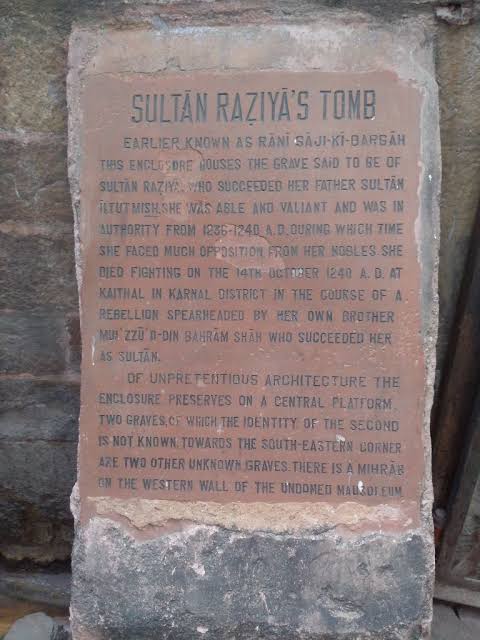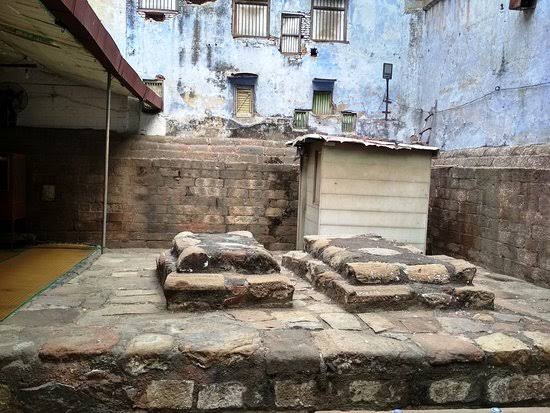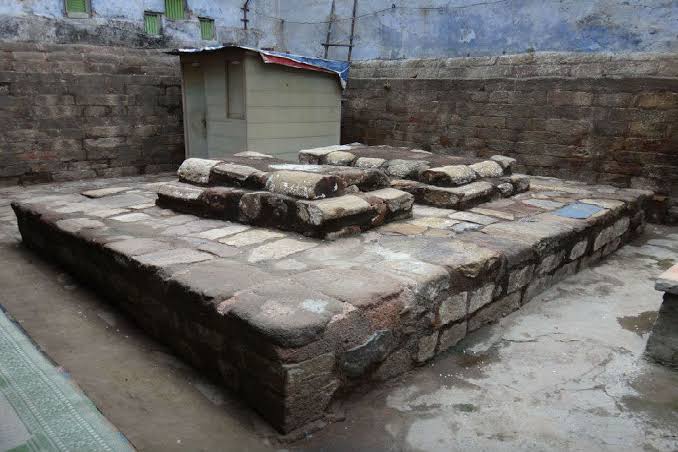


The tomb of Razia Sultan, located in the bustling Bulbuli Khana neighborhood near Turkman Gate in Old Delhi, India, holds a significant yet understated place in the city’s historical landscape. According to historical accounts, the tomb is believed to have been constructed by her half-brother and successor, Muiz ud-Din Bahram, who was her rival for the throne and the one responsible for her ultimate downfall. Despite their contentious relationship, it is said that Bahram had the tomb built after she died in 1240. By the 14th century, the famous Moroccan traveler and scholar Ibn Batuta visited the site and noted that it had already gained recognition as a place of pilgrimage. He recorded that a dome had been erected over the tomb, indicating that Razia’s legacy had continued to inspire people long after her death, and the site had become a spiritual center for those who admired her reign. Today, Razia Sultan's tomb stands in a much-altered environment. Surrounded by the chaos and congestion of Old Delhi, the modest structure consists of four plain walls encircling two graves at its heart, believed to belong to Razia Sultan and her sister. Unlike the grandeur of many historical monuments in Delhi, her tomb is unpretentious, reflecting the challenges of preserving it amidst urbanization and illegal constructions that have cropped up around it. The tomb is now reachable only through a narrow alleyway, hidden behind layers of urban sprawl. Despite its dilapidated condition, the Archaeological Survey of India (ASI) visits the tomb annually for basic maintenance, ensuring that this important piece of history is not entirely forgotten. However, the site needs to receive the kind of attention or resources that more prominent monuments enjoy, leaving it in a neglected state. Razia Sultan’s historical significance lies in her role as the first and only woman to rule the Delhi Sultanate. Born Radhiyah bint Iltutmish to Sultan Iltutmish and Qutub Begum, she was a remarkable figure in the male-dominated world of 13th-century India. Ruling from 1236 to 1240, Razia defied the conventions of her time, demonstrating exceptional leadership and military skills. Despite the political intrigue that led to her downfall and eventual assassination, her reign remains an extraordinary chapter in the history of medieval India, and her tomb stands as a testament to her enduring legacy.